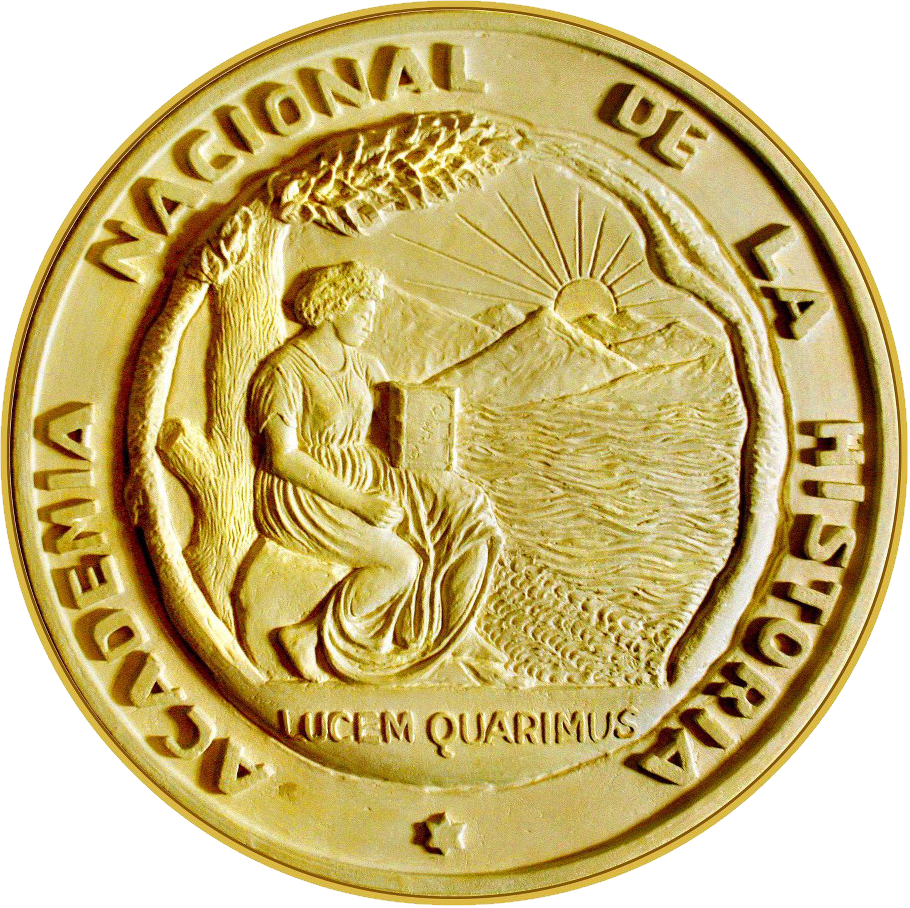Exile, diaspora, and return : changing cultural landscapes in Argentina, Chile, Paraguay, and Uruguay / Luis Roniger, Leonardo Senkman, Saúl Sosnowski, and Mario Sznajder.
Tipo de material: TextoEditor: New York, NY : Oxford University Press, 2017Descripción: ix, 292 p. ; 25 cmISBN:
TextoEditor: New York, NY : Oxford University Press, 2017Descripción: ix, 292 p. ; 25 cmISBN: - 9780190693961 (hardback : alk. paper)
- 325/.21098 23
| Tipo de ítem | Biblioteca actual | Signatura | Estado | Fecha de vencimiento | Código de barras |
|---|---|---|---|---|---|
 Monografías
Monografías
|
Biblioteca Central, Academia Nacional de la Historia, Argentina | C 27-05-33 (Navegar estantería(Abre debajo)) | Disponible | 46200 |
Con dedicatoria de Leonardo Senkman.
Incluye referencias bibliográficas e índice.
Machine generated contents note: -- Preface -- Chapter 1 - Exile and Post-Exile in Analytical Perspective -- Chapter 2 - Escape, Deportation and Exile: The Contours of Institutionalized Exclusion -- Chapter 3 - Exile and Diaspora Politics: Mobilizing to Undo Exclusion -- Chapter 4 - Diaspora and Home Country Initiatives, Transnational Networks and State Policies -- Chapter 5 - Surviving Authoritarianism, Contributing to the Agenda of Democratization -- Chapter 6 - Undoing Exile? Remembering, Imagining, Envisioning -- Chapter 7 - The Transformational Role of Culture and Education: Impacting the Future -- Chapter 8 - Shifting Frontiers of Citizenship -- Conclusions -- About the Authors -- Index.
"During the late twentieth and early twenty-first centuries, dictatorships in Latin America hastened the outward movement of intellectuals, academics, artists, and political and social activists to other countries. Following the coups that toppled democratically elected governments or curtailed parliamentary oversight, the incoming military or civilian-military administrations assumed that, by forcing those aligned with opposition movements out of the country, they would assure their control of politics and domestic public spheres. Yet, by enlarging a diaspora of co-nationals, the authoritarian rulers merely extrapolated internal dissent and conflicts, emboldening opposition forces beyond their national borders. Displaced individuals soon had a presence in many host countries, gaining the support of solidarity circles and advocacy networks that condemned authoritarianism and worked with exiles and internal resistance towards the restoration of electoral democracy. Exiles soon became vehicles for spreading cultural ideas from abroad, celebrating cosmopolitanism over nationalism, and emphasizing human rights and democracy in Latin American countries. Exile, Diaspora, and Return explores how Argentina, Chile, Paraguay, and Uruguay have been affected by post-exilic relocations, transnational migrant displacements, and diasporas. Specifically, this book provides the first comprehensive analysis of diasporic experiences and the impact of returnees on the public life, culture, institutions, and development of post-authoritarian politics in the Southern Cone of the Americas. Bringing together sociopolitical, cultural, and policy analysis with the testimonies of dozens of intellectuals, academics, political activists, and policy makers, the authors address the impact of exile on people's lives and on their fractured experiences; the debates and prospects of return; the challenges of dis-exile and post-exilic trends; and the ways in which those who experienced exile impacted democratized institutions, public culture, and discourse. Furthermore, the authors present new readings of the recent history of South America and the diasporas that emphasize the importance of regional, transnational or global dimensions over the national. "--
